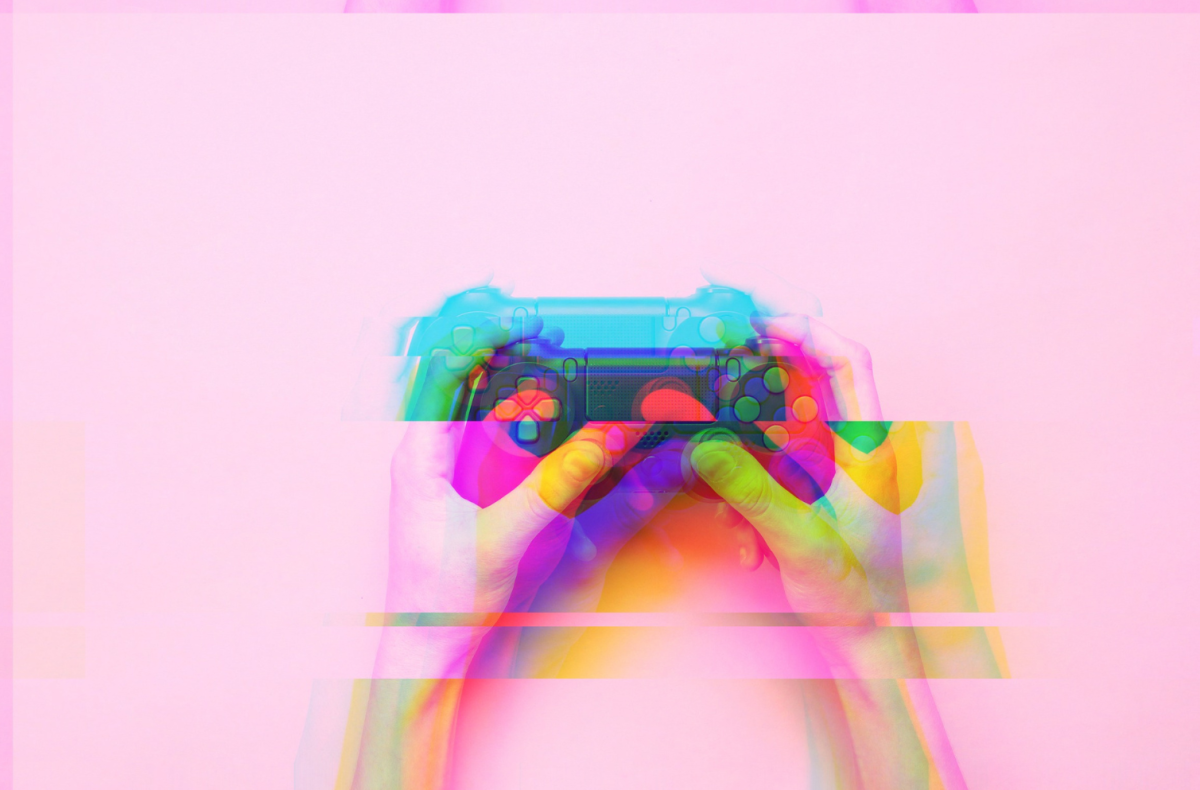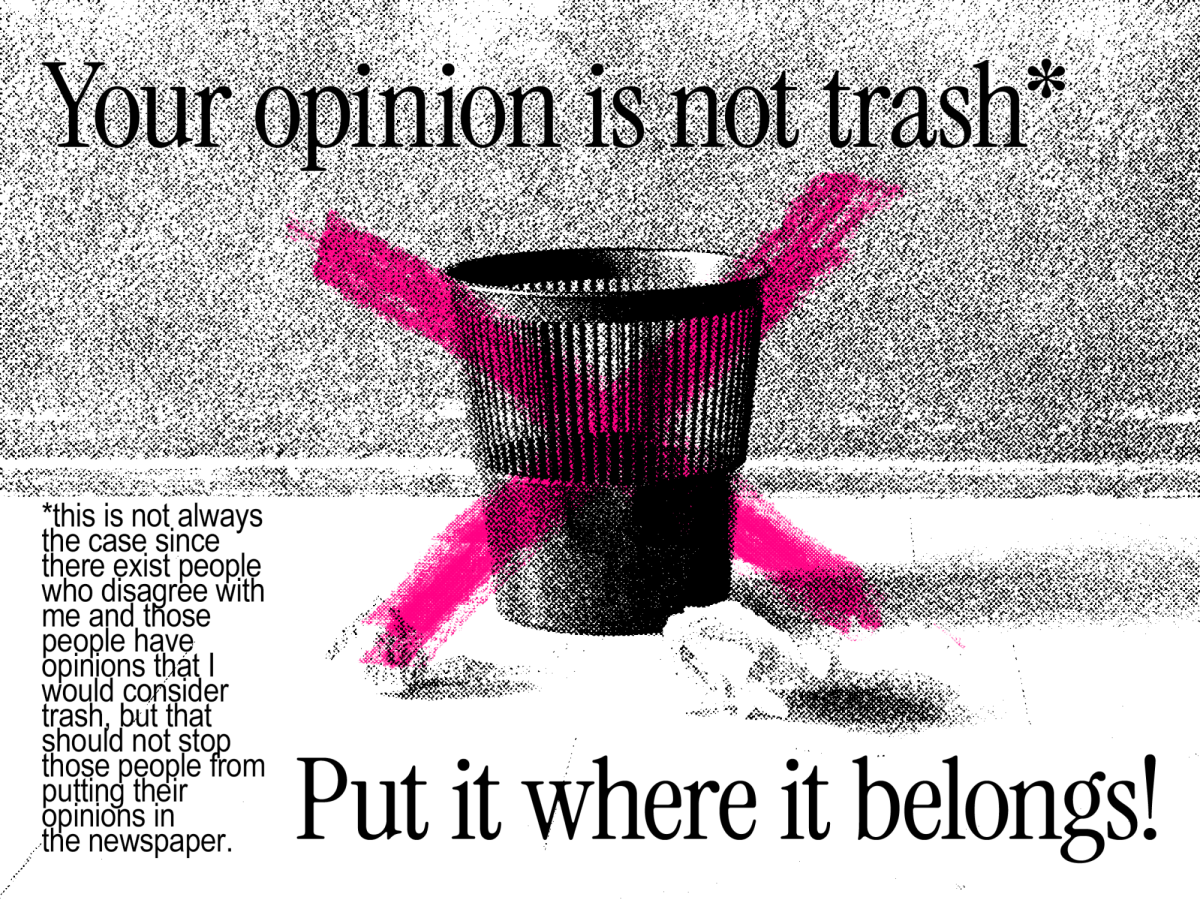Gaming culture is constantly changing due to ongoing development in the mass production of games. Gaming used to be a unique experience, where I could hop on the couch, slide the Call of Duty disk into the PlayStation 3 and go ham. However, that unique experience has been snatched away from me.
The current gaming culture of microtransactions, battle passes and the constant production of battle royales has taken away the joy of gaming. Most games now are pay-to-win. Big gaming companies such as Riot Games, Epic Games, and Activision Blizzard have benefited from these microtransactions, which take away the player’s gaming experience.
Gaming culture has shifted from who has the most achievements in a game to who bought the best skins for weapons, characters, pets or other cosmetics. The joy of grinding to show your skills to your friends has been removed. Gamers have been fed the concept of needing to buy skins or other in-game abilities that helps them against others, feeding into the idea of pay-to-win.
I have become desensitized to the constant bombardment of game ads that highlight cosmetic options to attract people to play rather than the quality of the game itself. Most gamers lucky enough to enjoy older games before the late 2000s got to experience the best era, when game companies encouraged their game developers to build games where gamers could enjoy the story and the world and not just purchasing skins.
Most gamers, myself included, get excited when an older video game gets remastered. It’s not because it’s shiny and new with great graphics. Instead, it reminds us of an era when we could enjoy the game without the pressure and stress of pay-to-win mechanics.
Video games have been blinded by the amount of money microtransactions make, and to be honest, who can blame them? EA made $4.46 billion in 2024, Activision Blizzard made $5.89 billion in 2022, and Roblox made $2.7 billion in 2023, all from microtransactions. These astronomical numbers have shaped the development of modern games. As long as there is a way to exploit a game mechanic to make money, then companies will do it.
First-person shooter (FPS) games and battle royales are another factor contributing to the shift of gaming culture. Since the boom of PUBG, most companies have piggybacked on the concept of battle FPS battle royals. Some examples are Fortnite, COD Warzone and Apex Legends, to name a few.
FPS games have replaced the joy of wanting to play a single-player game with intricate character designs and great storytelling. Gaming companies jump off the FPS battle royale train, knowing gamers buy it regardless due to the lack of other options.
Another exploited theme that has been added to gaming culture is addiction. The more you play a game, the more likely you are to buy cosmetics, the more engaged you will be, and the more money the gaming company makes. The gaming culture has changed from a relaxing experience to attempting to get the players to purchase all the cosmetics they can.
There are some expectations for games that don’t exploit microtransactions. Hades, God of War, The Last of Us and The Witcher 3 are some newer examples of games that rely only on their story and world-building.
These games show that it is possible to have a game in this era that doesn’t need to rely solely on microtransactions. It is still possible to make a game where the story is engaging enough for the gamer without the stress of needing to buy the best new item.
From the looks of it, gaming companies are redefining gaming culture by shifting their focus to profit over quality, and gamers are suffering from it.




